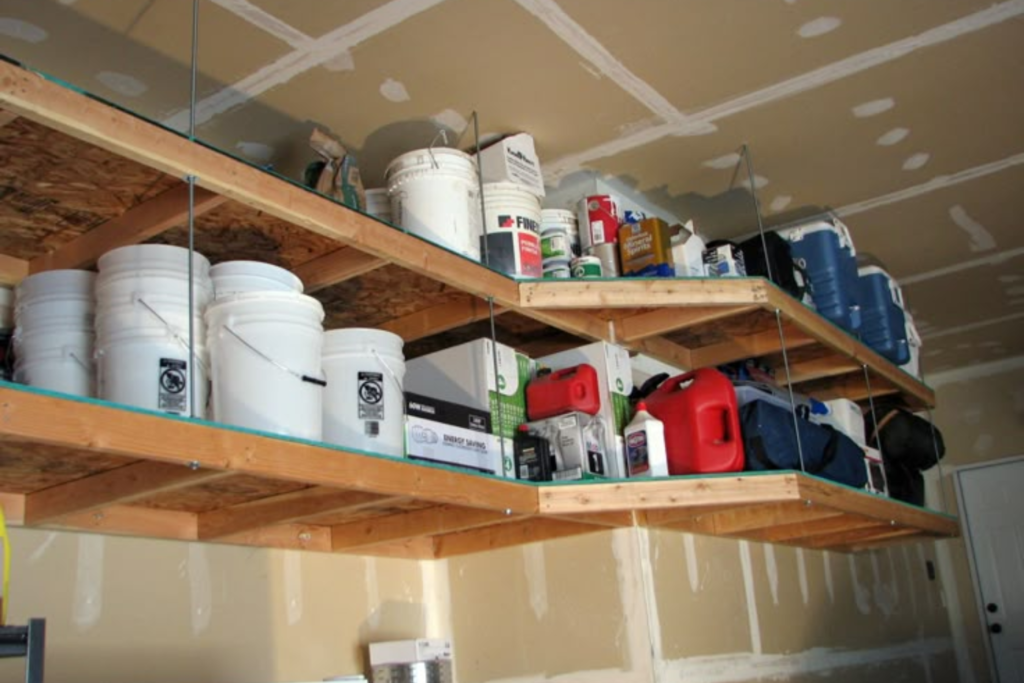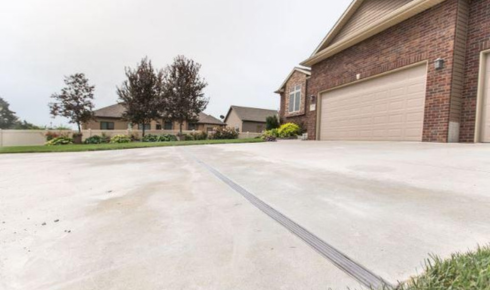Introduction: The Booming Healthcare Real Estate Sector
As the healthcare industry continues to evolve, healthcare real estate has emerged as one of the most lucrative sectors for real estate developers. With an aging population, increased demand for specialized medical care, and the shift toward outpatient services, the need for commercial medical real estate is growing across the country, especially in Florida. For commercial real estate developers in Florida, these trends present significant opportunities to invest in and develop high-demand properties.
In this article, we’ll explore why healthcare real estate is a valuable investment, the benefits it offers developers, and how commercial real estate developers in Florida can capitalize on the growth of this sector.
What Is Healthcare Real Estate?
Healthcare real estate refers to properties designed specifically for medical use, including facilities such as:
- Medical office buildings (MOBs)
- Outpatient clinics
- Surgical centers
- Assisted living and senior care facilities
- Urgent care centers
What sets commercial medical real estate apart from traditional office or retail spaces is the specialized infrastructure it requires. These properties need to be equipped with medical-grade electrical systems, enhanced HVAC systems for sterilization, and compliance with various health and safety regulations. As a result, healthcare real estate has become a niche market with high potential for developers who understand the unique needs of healthcare tenants.
Why Healthcare Real Estate Is a Smart Investment
There are several key factors driving the demand for healthcare real estate, making it an attractive investment option for commercial real estate developers in Florida:
- Aging Population: Florida has one of the highest percentages of seniors in the United States, and the Baby Boomer generation continues to age. This demographic shift is fueling demand for healthcare services, especially senior care facilities. As a result, there is a growing need for commercial medical real estate like assisted living centers, rehabilitation centers, and nursing homes.
- Increase in Outpatient Care: Patients are increasingly seeking medical care outside of traditional hospital settings. With advancements in medical technology and a growing preference for outpatient treatments, the demand for medical office buildings (MOBs) and specialized medical clinics is on the rise. This creates ample opportunities for commercial real estate developers in Florida to invest in outpatient facilities.
- Long-Term Stability: Healthcare tenants, including hospitals, medical practices, and senior care providers, tend to sign long-term leases. This makes healthcare real estate an attractive option for developers looking for stable, reliable income streams. Since healthcare services are essential, these properties typically have lower vacancy rates compared to other commercial real estate sectors.
- Increased Healthcare Spending: With healthcare spending continuing to rise, the need for medical spaces is expanding. Commercial medical real estatedevelopers who can meet this demand with well-designed, strategically located facilities stand to benefit from this growing market.
Opportunities for Commercial Real Estate Developers in Florida
Florida’s booming population and increasing demand for healthcare services present significant opportunities for commercial real estate developers in Florida to invest in healthcare real estate. The state’s strong economy, diverse population, and growing senior citizen demographic make it an ideal location for healthcare real estate development.
1. Medical Office Buildings (MOBs)
One of the most promising sectors of healthcare real estate is medical office buildings (MOBs). These facilities cater to a wide range of healthcare professionals, from general practitioners to specialists. With the increasing trend of outpatient care, commercial medical real estate developers have a chance to build and lease spaces to medical providers who are seeking modern, accessible office spaces. For commercial real estate developers in Florida, MOBs represent a stable and profitable investment.
2. Outpatient Clinics and Urgent Care Centers
The demand for commercial medical real estate dedicated to outpatient care continues to rise. Urgent care centers, outpatient surgery centers, and diagnostic facilities are becoming more prevalent as patients seek convenient alternatives to hospital visits. For commercial real estate developers in Florida, building outpatient clinics in high-traffic areas can help meet the growing demand for immediate medical services.
3. Senior Care and Assisted Living Facilities
Florida is a retirement destination, and the state’s aging population creates an ongoing need for senior care facilities. Commercial medical real estate projects that focus on assisted living, memory care, and rehabilitation centers are in high demand. Developers who focus on these types of healthcare properties can tap into a long-term, sustainable market, making it an attractive option for commercial real estate developers in Florida.
4. Surgical and Specialty Centers
Specialized medical services, such as surgical centers, dialysis centers, and imaging facilities, are becoming more popular as patients look for outpatient alternatives to traditional hospitals. For commercial real estate developers in Florida, investing in commercial medical real estate designed for these specialized services offers significant growth potential. These types of facilities often have long-term tenants, providing steady cash flow for developers.
Key Considerations for Commercial Real Estate Developers in Florida
Developing healthcare real estate requires careful consideration of several factors. Commercial real estate developers in Florida must understand the unique needs of healthcare tenants and the regulatory environment governing medical properties. Here are some key considerations:
- Regulatory Compliance: Healthcare facilities are subject to strict regulations, including those set by the Americans with Disabilities Act (ADA), the Health Insurance Portability and Accountability Act (HIPAA), and local health codes. Developers must ensure that their commercial medical real estate projects meet all necessary compliance requirements.
- Specialized Infrastructure: Unlike traditional office spaces, healthcare real estate properties require specialized infrastructure. This includes medical-grade electrical systems, enhanced air filtration systems, and backup power generators to ensure that the facility remains operational at all times. Developers need to plan and budget for these additional costs when designing commercial medical real estate projects.
- Location and Accessibility: The location of healthcare properties is critical. Commercial real estate developers in Florida should focus on areas with high population density, proximity to hospitals, and easy access to public transportation. Healthcare tenants also prefer locations that are easily accessible to patients, so selecting the right site is key to attracting long-term tenants.
- Tenant Stability: Healthcare tenants, such as hospitals, medical groups, and senior care providers, tend to sign long-term leases. For commercial real estate developers in Florida, securing reliable, stable tenants is essential for maintaining a steady income stream.
The Future of Healthcare Real Estate in Florida
The future of healthcare real estate looks promising, with increasing demand for medical office buildings, outpatient centers, and senior care facilities. As the population continues to age, and as healthcare needs evolve, commercial medical real estate will play a critical role in meeting those demands. For commercial real estate developers in Florida, there are significant opportunities to invest in properties that will provide both immediate returns and long-term value.
Trends to Watch:
- Telemedicine Integration: As telemedicine continues to grow, healthcare facilities may need to adapt to incorporate virtual consultations. Healthcare real estate will likely need to accommodate this shift by providing spaces with technology infrastructure that supports remote care.
- Sustainability: Developers who focus on sustainable, energy-efficient designs will have a competitive edge in the healthcare real estate market. Green building certifications, energy-saving features, and environmentally friendly construction methods will become increasingly important.
- Patient-Centered Design: Modern healthcare facilities are increasingly designed with the patient experience in mind. Commercial medical real estate developers should consider creating spaces that promote healing, comfort, and ease of access for both patients and medical professionals.
Conclusion: A Bright Future for Healthcare Real Estate Developers in Florida
For commercial real estate developers in Florida, the growing demand for healthcare real estate presents a prime opportunity to tap into a thriving sector. With long-term stability, rising demand, and significant potential for growth, commercial medical real estate is one of the most attractive options for developers looking to build a profitable portfolio. By understanding the unique needs of healthcare providers and staying informed about industry trends, Florida developers can ensure they remain competitive in this rapidly expanding market.
For more insights into healthcare real estate and commercial medical real estate opportunities, check out Lawrence Todd Maxwell’s website.










